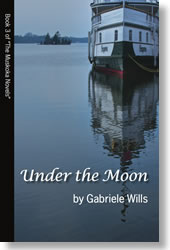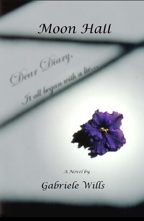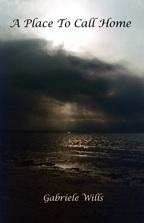I’ve talked about digging up thousands of facts and using real people (having read at least one biography or memoir even for those who make only a cameo appearance - hey, I’m obsessed, remember?). Within that realm of reality I then create my fictional world.
I relish sitting down at the computer every day, wondering where my characters are going to take me. They are best friends, anxious to have their stories told, impatient when I don't have time for them. I start out with a vague idea of plot and relationships, but their strong personalities and the chemistry that happens between them usually sideline my ideas, and they take over. In retrospect, their way always seems so natural and inevitable, so I'm delighted to give them free rein.
So writing is a daily adventure. It’s travel into a different time and place. It’s meeting new people I hadn’t event thought of, but who just introduce themselves, fit in, and sometimes become essential to the story.
I’m always delighted to hear from readers that they, too, feel like they’ve met new friends in my books. Here’s a sampling of comments:
“Your fascinating and intriguing characters are so real, so believable, each one unique and passionate in his/her own way. I couldn't help but be drawn into the emotions and circumstances of their lives.”
“In my opinion, Gabriele Wills's ability to evoke a feeling for the times and characters is equal to Delderfield's. She has an amazing ability to portray multiple characters.”
“The reader becomes immersed in the lives of her characters and suffers and rejoices with them.”
“I loved every moment I shared with Augusta, Chas, Jack and Ria.”
More comments can be seen on my website.
















